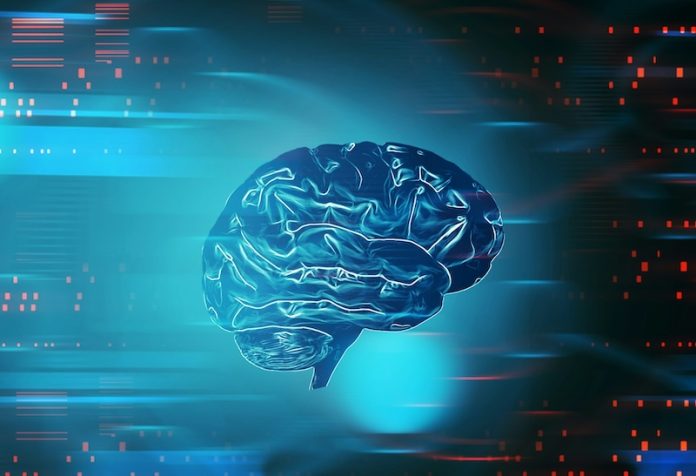
Finding new medicines has always been a long, expensive, and complicated process. Scientists need to identify the right targets in the body, test thousands of potential compounds, and spend years in clinical trials to ensure the drugs are safe and effective.
But now, artificial intelligence (AI) is changing the game. AI-driven drug discovery is speeding up the process, reducing costs, and increasing the chances of finding life-saving treatments for diseases.
AI uses powerful computer algorithms to analyze massive amounts of data, spotting patterns and connections that would take humans much longer to uncover.
In drug discovery, this means AI can predict how molecules will interact with the human body, identify potential drug candidates, and even suggest new uses for existing medicines. By automating many steps in the research process, AI is helping scientists work faster and more efficiently.
One groundbreaking example comes from the fight against COVID-19. Early in the pandemic, AI tools were used to identify existing drugs that might help treat the virus. Companies like BenevolentAI and Insilico Medicine rapidly analyzed data to suggest drugs for testing.
AI also played a crucial role in designing vaccines by helping scientists understand the virus’s structure and how it infects human cells. These efforts demonstrated how AI could respond to urgent health crises.
Another recent success is the development of potential drugs for rare diseases. Traditional drug discovery often overlooks rare conditions because the market for treatments is small, making research financially risky.
However, AI can make the process more cost-effective by quickly narrowing down the most promising compounds. For example, a company called Healx uses AI to match existing drugs to rare diseases, repurposing them for new treatments.
AI is also advancing personalized medicine. By analyzing a patient’s genetic information, AI can help doctors find treatments tailored to an individual’s specific needs.
This approach is particularly promising in cancer therapy, where AI tools are being used to design drugs that target unique mutations in a patient’s tumor. Precision medicine like this could improve outcomes and reduce side effects for many patients.
Despite these breakthroughs, there are challenges. AI relies on high-quality data, and in some cases, the available data may be incomplete or biased, which can affect the accuracy of predictions.
The technology also requires significant expertise to develop and use effectively, and there are concerns about transparency—how AI makes its decisions isn’t always clear, even to its creators.
Regulatory approval for AI-discovered drugs is another hurdle, as the process must ensure these medicines are safe and effective.
Even with these obstacles, the potential of AI in drug discovery is immense. A study published in Nature found that AI can reduce the time it takes to identify promising drug candidates from several years to a matter of months.
Additionally, the cost of developing new drugs, which often exceeds billions of dollars, could be significantly lowered with AI-powered tools.
For those excited about the possibilities of AI-driven drug discovery, there are practical ways to stay informed and involved. Support organizations that fund medical research and advocate for the responsible use of AI in healthcare.
Stay curious about how AI is being used in medicine, as the benefits will likely impact everyone in some way. If you’re in the healthcare or tech industry, consider exploring how AI tools could improve your work or bring new solutions to the table.
AI is revolutionizing the way we discover and develop medicines. While challenges remain, the progress being made suggests a future where life-saving treatments are discovered faster, more efficiently, and tailored to individual needs.
This technology is not just advancing science; it’s bringing hope to millions of people worldwide.
Copyright © 2025 Knowridge Science Report. All rights reserved.



